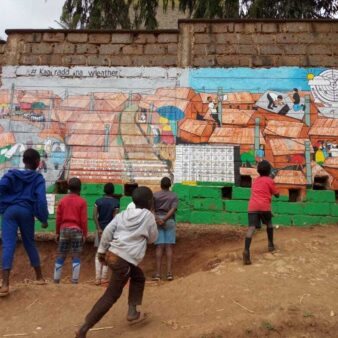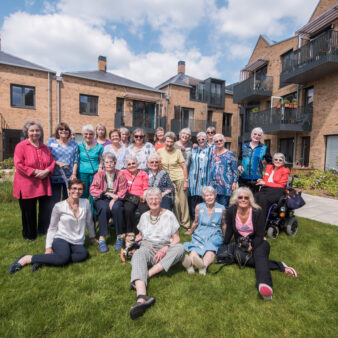This project seeks to improve the living conditions of low-income communities by providing basic amenities in conjunction with health and hygiene education, with the cooperation and commitment of the local community. Pilot projects in urban and rural areas have been completed and as of 1996 the project was being extended to 55 different communities, both rural and urban. Communities are expected to jointly participate in the cost of the project by providing 20 per cent of the capital cost of the secondary and tertiary infrastructure. Physical improvements carried out include the rehabilitation and development of water supply, drainage and waste water disposal, roads, footpaths, rubbish collection and in-house sanitation. The World Bank meets a substantial part of the remainder of the funding.
Partnership
Local government, local community, donor agency


